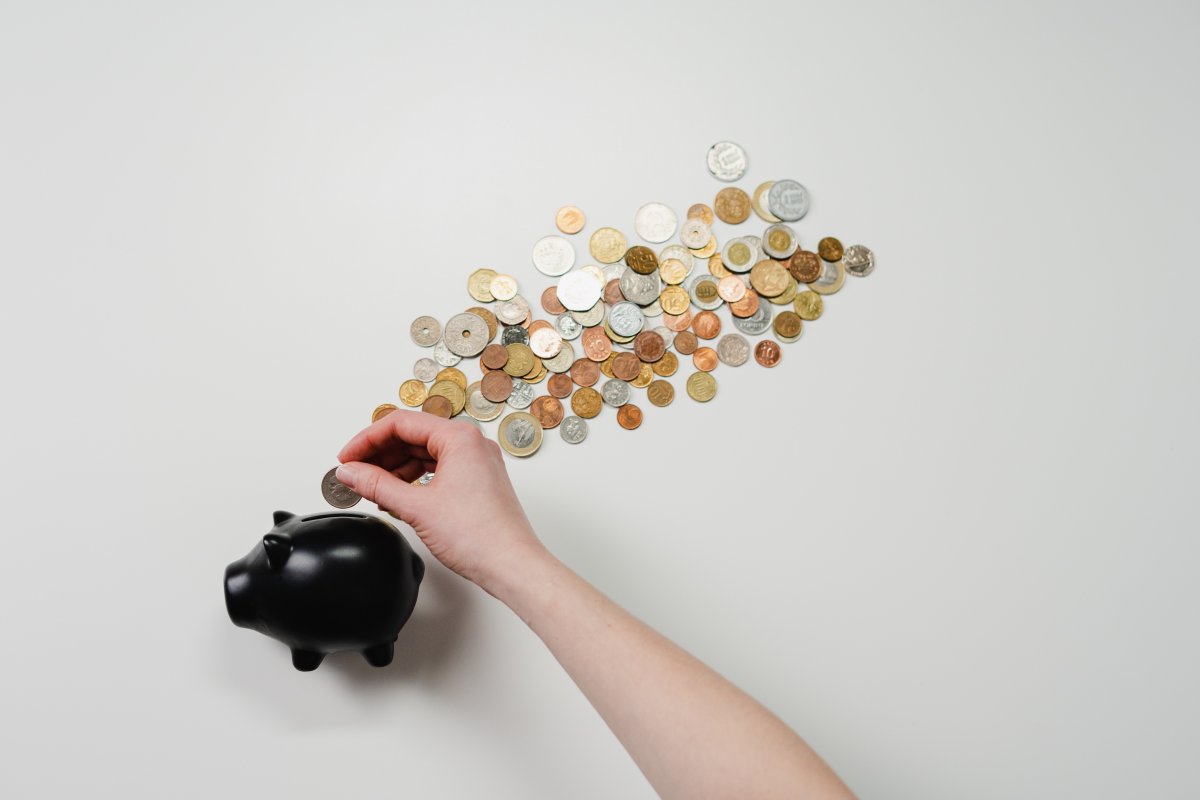Money has long been labelled a taboo topic. There is often a universal stigma associated with talking about money and personal finances, with feelings of shame, insecurity, and embarrassment, making it debilitating to reveal money issues or financial illiteracy.
According to a new Angus Reid poll commissioned by Co-operators, almost half of Canadians say they feel embarrassed or guilty about their finances and they don’t like talking about it because they feel ashamed, thinking they should be doing better at this stage of their lives. A further 69 percent confess to never being properly educated on financial security and planning matters heading into adulthood. And when asked how well Canadians have acted upon their financial goals, 92 percent fail to make the honour roll in their own self-evaluations.
While the pandemic has caused a burden on Canadians’ finances, with many people having lost their jobs, businesses, homes, and forcing them to dip into their savings, it has also created a shock moment that has shifted our money mindset and impacted our approach to finances and future planning. Not only has this societal shock moment changed the way people relate to money (making them more conscious about their finances) it has also amplified the need for financial dialogue and education in Canada. It is a moment of awakening for our country.
RELATED: 5 FinTech Podcasts to Keep Up with Industry Trends
Determining your financial wellness is a good place to start to better manage your money and it surprisingly has little to do with your bank statement. Financial wellness is how you manage your personal finances to ultimately support your overall life goals. It is how you manage your finances to ensure you are comfortable and able to live without feeling stressed about money. To better understand your finances, you need to understand your life goals. Once you have established them, you can better determine the changes you need to make to minimize the stress that comes from money management overall.
To stimulate conversation within your social circles and start your lifelong journey towards greater financial wellness, you need to label your emotions and identify the root cause of your problematic relationship with money. Whether it be societal pressures, familial expectations, or a previous poor financial decision, you need to acknowledge what the issue is and how it makes you feel before you can set a path forward to financial wellness.
Appreciate that you are not alone
Financial issues are common and experienced by many others and chances are you know someone who could also benefit from the support of a trusted finance friend. Together you can collaborate and schedule a time to meet to set money goals, share progress, and be accountable to each other.
Write down your financial goals and organize them
Budgets don’t have to be daunting, they can be simple spreadsheets that help you see the big picture and track your progress. Remember, what gets measured, gets managed!
Acknowledge and motivate yourself to face your financial fears
Be mindful about your finances by designating time each week to review your bank statement. Instead of setting bills, receipts, or account statements aside, make it part of your routine to review them thoroughly to monitor your spending habits and determine where savings can be found. Create a pros and cons list before making major financial decisions, and before spending money, ask yourself if this is something that you really need or is it something you want.
RELATED: 5 Simple Ways to Improve Your Finances in 2021
It’s never too late to start saving. Commit to a savings plan and allocate a percentage, no matter how small of any money you receive (whether it be a paycheque, birthday money, lottery win, or income tax refund) to a long-term savings account.
There is no shame in asking for financial help. Reach out for guidance from a trusted, professional advisor and seek advice. You don’t have to go at this alone, and the sooner you start, the brighter your financial future will be.
Dr. Gillian Mandich, scientist, researcher, and founder of The International Happiness Institute of Health Science Research












